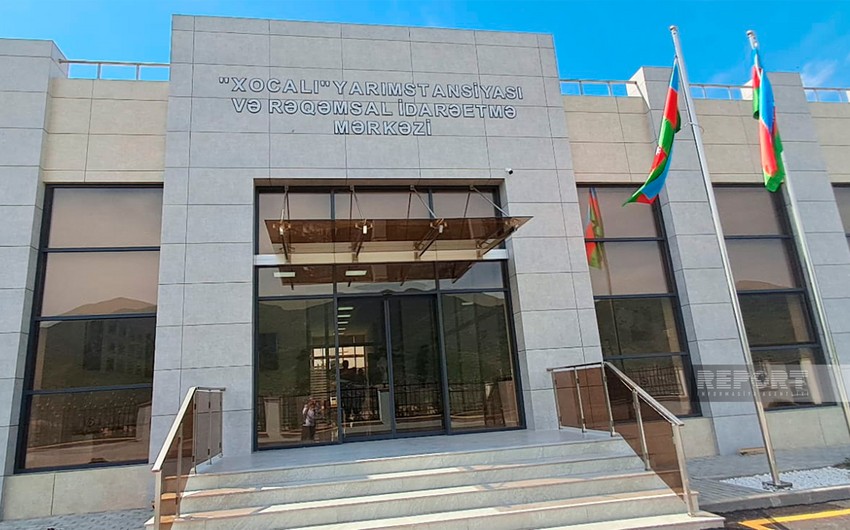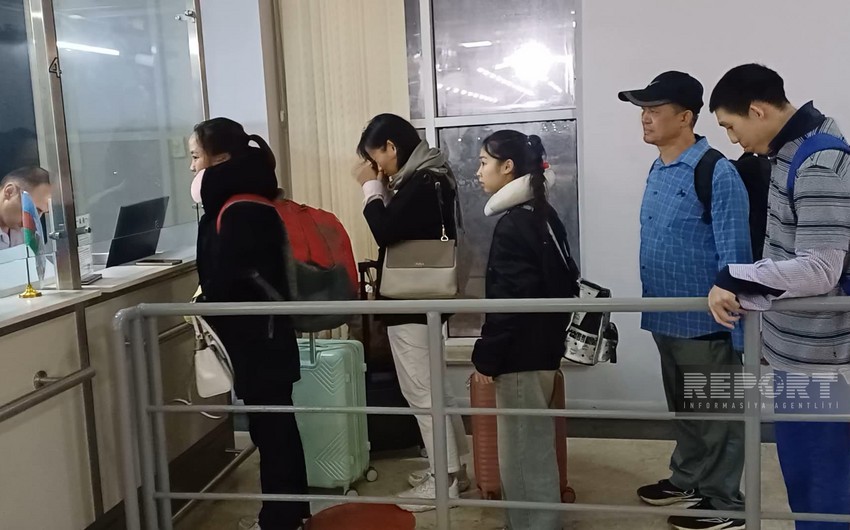The topic of “The Impact of Climate Change on Urban Life” has become one of the most pressing issues in recent years, both scientifically and socially. Climate change has affected many sectors worldwide, and urban life is one of the most vulnerable areas to these changes. Due to factors such as population density, infrastructure characteristics, energy usage, and others, cities are more affected by climate change, and these impacts directly influence the lives of urban residents.
This global issue encompasses all fields with its effects on nature and human life. In particular, cities are among the most affected areas of climate change because they have high population density, complex infrastructure, and significant economic activities. Cities serve not only as a place but also as a central function for the economy, social life, and culture. Therefore, the impacts of climate change in cities are not limited to the physical environment; they also have profound effects on social, economic, and health matters.
The temperature increases, changes in precipitation patterns, depletion of water resources, and other natural disasters caused by climate change seriously threaten the infrastructure of cities. These changes directly affect the quality of life of urban residents, especially those living under weak social and economic conditions who are more vulnerable to harm. The threat cities face not only brings environmental issues to the forefront but also social injustice and economic inequality. Thus, ensuring that cities develop in a more sustainable and resilient way is of vital importance not only for the current generation but also for future generations.
The significance of this topic lies in the necessity to take appropriate measures against the crisis situations caused by climate change in the social, economic, and ecological sectors of cities. In an era where climate change has such a profound impact, taking action to organize urban life in a healthier, more sustainable, and fair manner is crucial. Every careful step towards the future development of cities will contribute to improving the well-being of urban residents and enable more efficient use of natural resources.
Key Areas of Impact of Climate Change on Urban Life:
As a result of climate change, there is an observed increase in average temperatures in cities. Cities are known as “urban heat islands,” meaning that the concrete and asphalt surfaces, buildings, and other infrastructure elements within the city trap the heat absorbed from the sun, causing the temperature within the city to be higher than in surrounding rural areas. This can lead to heat waves during the summer months and worsen living conditions for residents. Low-income and vulnerable groups (elderly, children, and those suffering from diseases) are particularly at risk.
The increase in rainfall and the more frequent occurrence of floods seriously affect the infrastructure of cities. This exposes deficiencies or inadequacies in sewage systems. As a result, water floods and infrastructure damage occur. To protect urban residents from natural disasters, significant investments in infrastructure are required.
Water scarcity in cities is one of the most serious impacts of climate change. Due to rising temperatures and unstable weather conditions, water resources are depleting rapidly. Urban residents struggle to access clean drinking water. This situation poses a threat not only to public health but also to the sustainable development of cities.
Cities are among the main centers for supplying agricultural products. Climate change reduces agricultural productivity and makes food supply more difficult. Rising temperatures, uneven rainfall distribution, droughts, and floods harm agricultural areas. This can lead to rising food prices and food shortages in cities. Climate change directly affects the health of urban residents. Rising temperatures and heat waves can cause cardiovascular diseases, breathing problems (especially asthma and bronchitis), and even heat-related deaths. Furthermore, high temperatures and humid weather conditions facilitate the spread of vector-borne diseases (e.g., malaria, dengue fever).
Climate change also affects the infrastructure of cities. Rainfall and floods can cause road collapses, building damage, and disruptions in the energy supply network. The failure to design urban buildings, roads, and other infrastructures to withstand climate change exacerbates these impacts. As a result of climate change, many people are migrating to cities to escape natural disasters. This migration increases the population in cities and creates difficulties for social infrastructures to cope. At the same time, some cities become less suitable for living due to climate change, and the population leaves these cities for more suitable areas.
Climate change can further deepen income inequality and social injustice in cities. Low-income populations are more affected by natural disasters because they face difficulties such as losing their homes or becoming unemployed. This increases urban marginalization, social isolation, and economic hardships.
Ways for Cities to Combat Climate Change:
To reduce the impacts of climate change on urban life or adapt to these impacts, several measures can be implemented:
Green infrastructure in cities, such as planting trees, setting up systems to capture water in parks and open areas, and improving air quality, is crucial. Additionally, the sustainability and resilience of energy supply and water purification systems must be ensured. Transitioning to more environmentally friendly transportation systems is essential. Electric vehicles, cycling lanes, and increased public transport can ensure that cities operate with lower carbon emissions.
Increasing the energy efficiency of buildings reduces energy waste in cities and minimizes energy consumption for heating and cooling. Additionally, increasing the use of renewable energy sources such as solar energy in buildings strengthens the energy resilience of cities. Cities should also take preparatory measures to prevent natural disasters and conduct appropriate treatment and rehabilitation work after such disasters. Sewer systems, water supply, and urban planning should be designed with this in mind.
Cities must also take measures to adapt to climate change. For example, strengthening natural drainage systems in urban areas to protect against floodwaters and creating alternative water sources to address drought and water scarcity are essential.
Conclusion:
Climate change affects all aspects of urban life, and these impacts seriously influence the daily lives of urban residents, their health, economic activities, and social structures. In the future, it is crucial for cities to develop in a more resilient and eco-friendly way. The fight against climate change should not be limited to protecting the environment; it should also ensure that cities remain socially and economically healthy, safe, and livable.
Adapting cities to climate change, building more efficient infrastructure, reducing energy consumption, and conserving water resources are critical measures. Furthermore, cities must be sustainable in terms of social justice. Low-income groups are more affected by natural disasters and resource scarcity, so special attention should be given to these groups in the fight against climate change. Preparedness for natural disasters, increasing disaster response measures in urban areas, and aligning urban planning with these efforts are necessary.
Additionally, cities should prioritize “green city” approaches to protect ecosystems and maintain ecological balance. Green infrastructure, increasing trees and greenery, and recycling water in urban areas will not only help protect the city’s ecosystem but also improve the quality of life for residents. With these approaches, cities will not only combat climate change but also become healthier and more livable environments.
International cooperation is also crucial in the fight against climate change. Cities must act in accordance with global climate policies and strategies, working together with international organizations and other countries. To achieve this, it is important to apply sustainable, innovative, and modern approaches to prevent climate change and minimize its negative effects on cities.
City leaders and planners must implement climate change mitigation measures based on modern technologies, more efficient infrastructure, and social justice principles, ensuring that cities become more livable, ecologically sustainable, and economically strong. At the same time, cooperation among citizens, non-governmental organizations, and other stakeholders will enhance the success of these efforts and lead to the construction of more resilient cities.
In conclusion, climate change is one of the greatest threats to urban life, and preventive and adaptive measures must be taken. Only in this way can we transform our cities into more resilient, healthier, and people-centered places.
Author: Madina Mammadova










